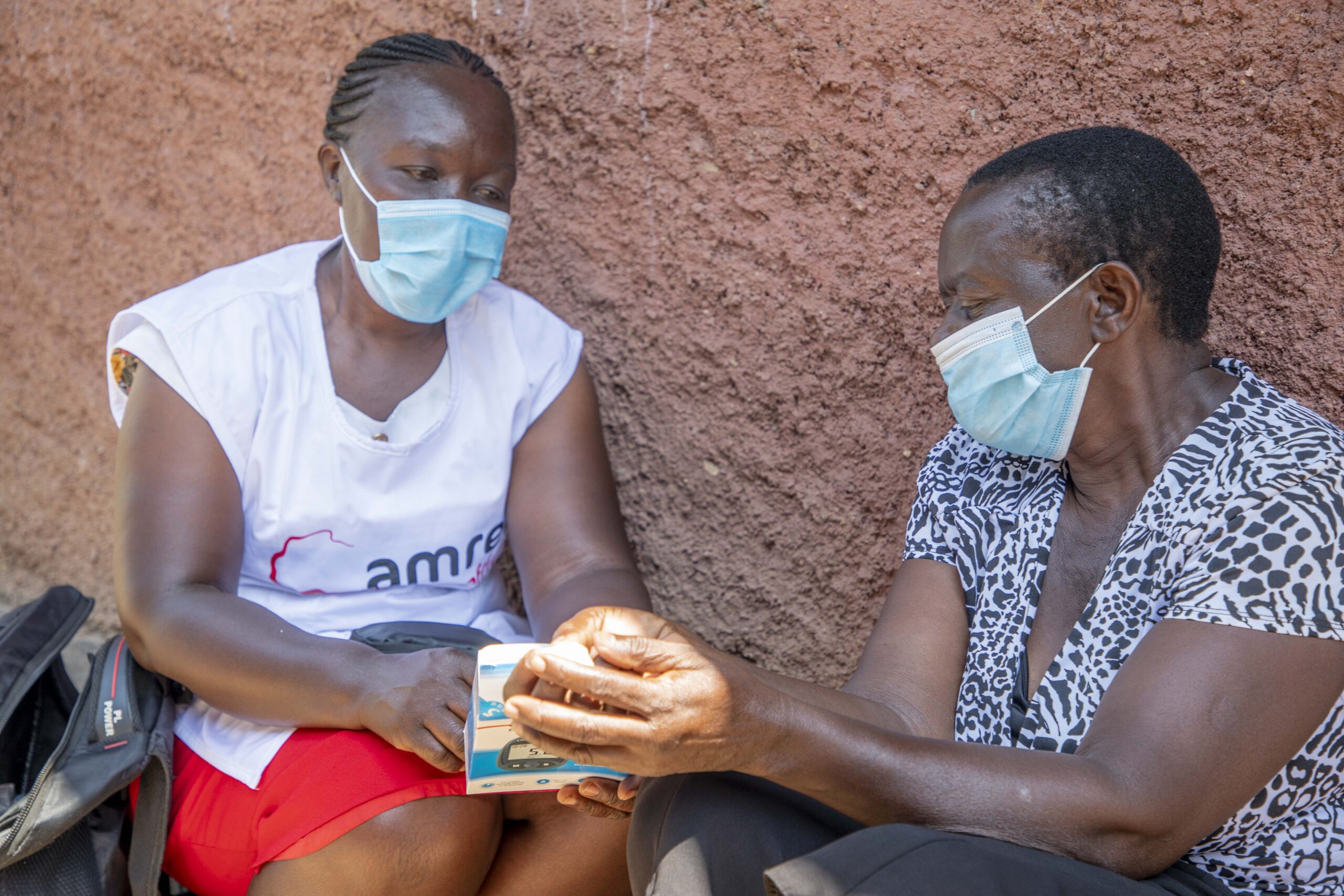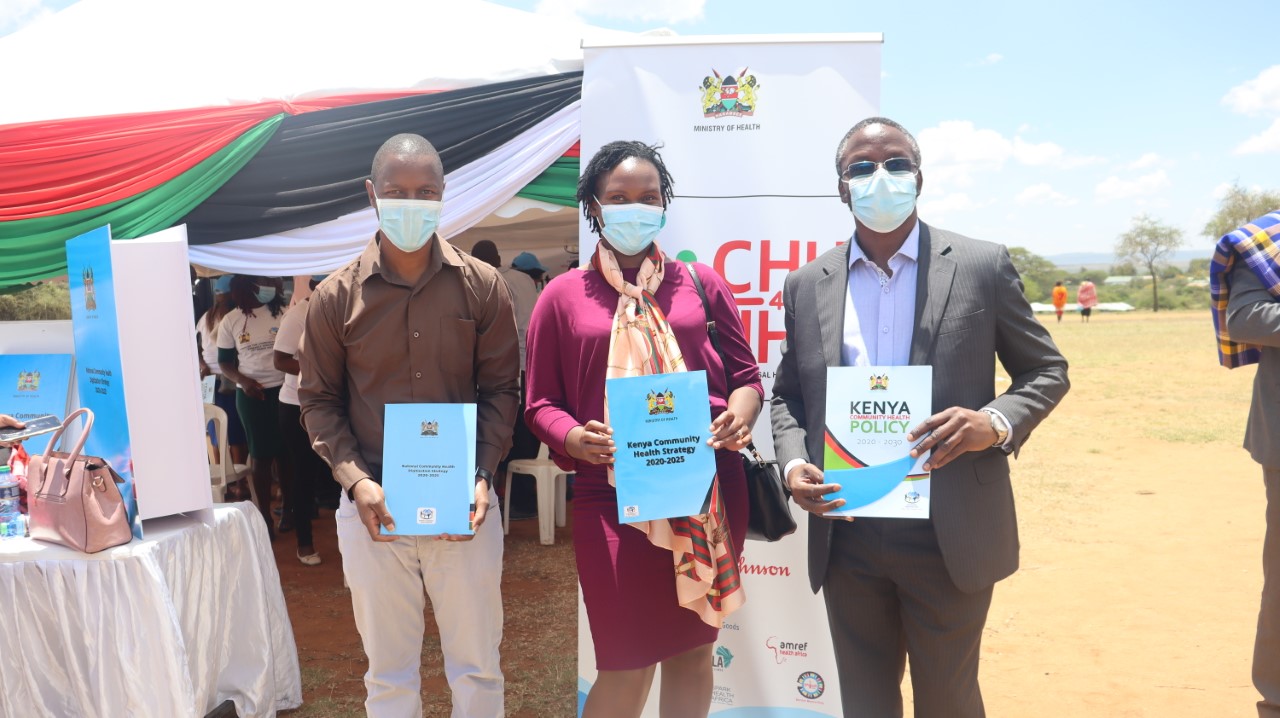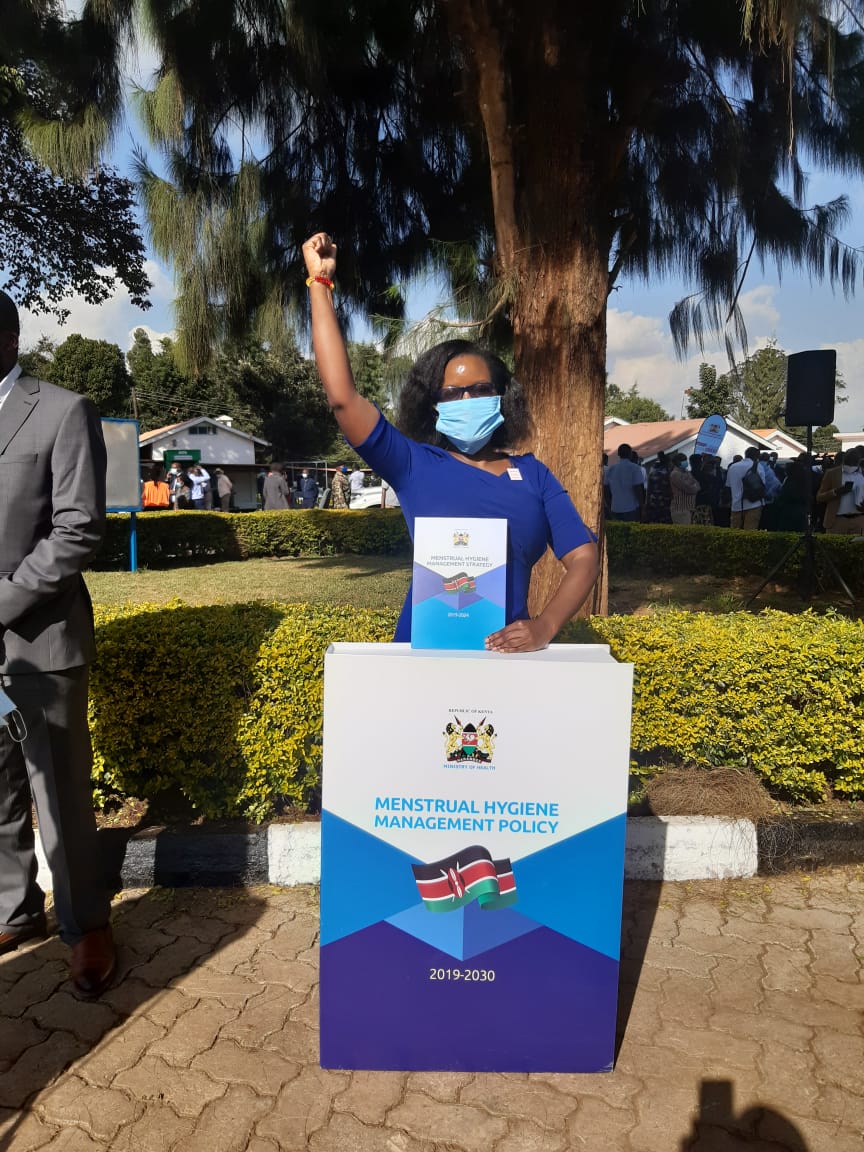A Healthy School is a Wealthy School: The End of Kyalamoko Primary School’s Water Crisis
Wednesday, 30 January, 2019

Kyalamoko Primary School finally has running water with a hand washing station and a modern latrine for its pupils.
Not long ago, the school located in the semi-arid and water scarce region of Mwingi East sub-county did not have running water. The pupils relied on a five litre jerrican of water which was not enough to cater for everyone’s needs. Still each day, the classrooms were packed with pupils, some from as far as eight kilometres away, eager to learn.
School headmaster Mr Robert Muthui recalls how the lack of water had taken a toll on his school. “Access to safe and clean water has been one of the biggest challenges for this school. During the drought season, the attendance of pupils reduced due to diseases, while some pupils come late because they spent most of their night fetching water.”
He further explains how the lack of safe and clean water negatively the pupils for the five years he has served the school.
“Some of the children used to complain of hunger because they did not have water to prepare food at home. We have no school feeding program here and sometimes we could send them home to rest. It was ironic teaching them about hand washing yet we could not provide water for hand washing,” says Mr Muthui.
Mr Muthui sent many children to the hospital as a result of water-borne diseases, some of them complaining of high fever, stomach upsets and diarrhoea.
![]() In partnership with Coca-Cola Foundation, Amref Health Africa in Kenya through the RAIN project drilled a borehole at Kyalamoko Village that yields 30,000 litres of water per hour. The project has also constructed a three-door ventilated improved pit (VIP) latrine and a hand washing station at the school.
In partnership with Coca-Cola Foundation, Amref Health Africa in Kenya through the RAIN project drilled a borehole at Kyalamoko Village that yields 30,000 litres of water per hour. The project has also constructed a three-door ventilated improved pit (VIP) latrine and a hand washing station at the school.
The construction of the borehole entailed development of a two kilometre pipeline, fabrication and installation of an elevated steel tank, construction of two water kiosks, a hand washing station and training of a water management committee. The project currently benefits approximately 7,700 people in the region.
Mr Muthui explains how access to clean and safe water has improved the learning environment for 287 children attending the government-sponsored school.
“Water has changed everything. With taps just outside the classroom, the pupils can now focus on school work. They now wash their hands after using the toilet and before eating; something that was not possible before,” he says.
Mr Muthui confirms how access to clean water has increased school attendance. “Before the establishment of the Kyalamoko water project, the school had a total of 213 pupils but attendance has increased to 287 in a span of four months. Absenteeism has greatly reduced and their performance has improved.”
Access to safe water is the most crucial aspect of running an institution, and every school needs safe and clean drinking water.
“The latrines were also a problem, they were all full. We thank Amref for supporting us with new toilets,” he says
Today, the water gushing out of the taps has given the students a very healthy start to a bright future through a healthy learning environment. Handwashing is now a daily routine and has improved hygiene practices among the pupils reducing diarrhoea diseases by about 2%.
The project launched in 2017 is expected to narrow the gap to achieving the Sustainable Development Goals in three key areas including increasing access to water, safe sanitation and hygiene and livelihood opportunities for women and youth.
Amref Health Africa teams up with African communities to create lasting health change.




